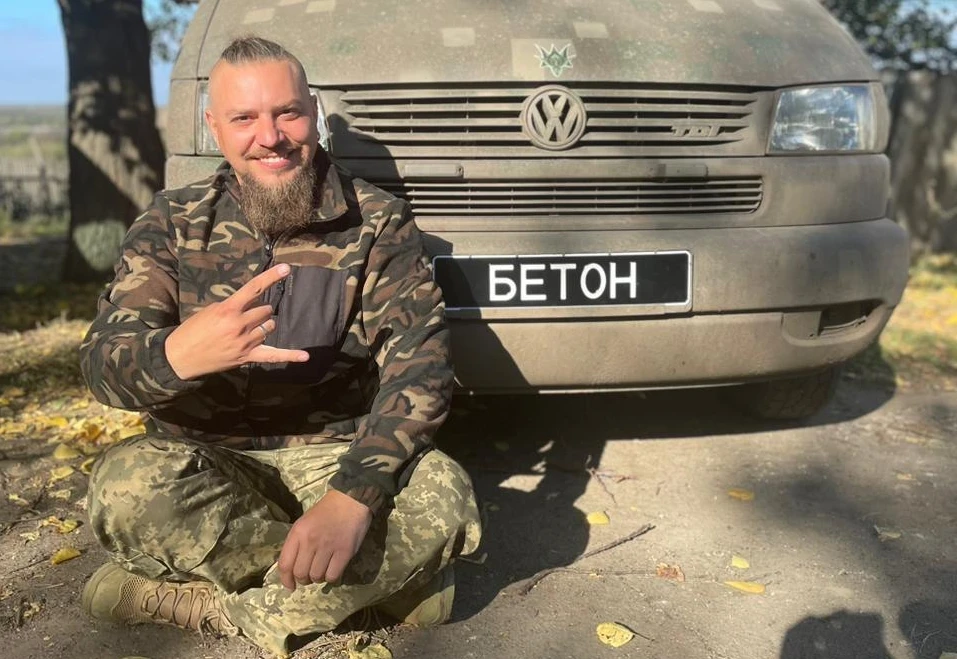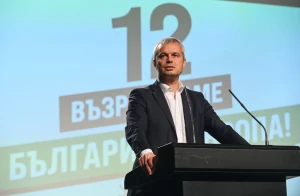
Doctor as machine gunner: Ukraine doesn't finance medical students' training during war
A doctor who has not graduated from a military department cannot be a military doctor, but in the second year of the war, training at such departments is only at the expense of students
Read more about how much it costs for a medical student to study at the departments of disaster medicine and military medicine, as well as why the title of medical officer is important for a doctor at the front, in the Espreso article.
Ukrainian universities are accepting applications for military departments until mid-September. After two years of studying in the military, students will receive the title of reserve officer along with their university degree. Officially, a fourth-year student has to pass a competition to get into such training. However, in a conversation with professors of military departments at various universities, it turned out that they accept almost everyone because there are not enough applicants. And it's not so much the fear of being mobilized that scares students away, but the price of tuition - over UAH 20,000 for two years. In other words, in Ukraine, in the second year of the war, the state does not finance the training of reserve officers at military departments.
A doctor without the rank of officer cannot be a military doctor
The situation with the training of medical officers is perhaps the most difficult. At one time, military training in medical schools - either medical schools or medical universities - was compulsory. Later, it was made voluntary, and then state funding for such training disappeared. For example, at Odesa National Medical University, two years of study (2023-2025) will cost UAH 20,590. In Lviv, it will cost UAH 21,000. But there is a critical shortage of military doctors today.
"We wrote reports wherever we could that during the war there should be free training for all medical students. At least for those who study on a state-funded basis. And I know that other universities, not only medical ones, have also made such proposals. But this year, training under the reserve officer program is still paid for," a lieutenant colonel in the medical service who teaches at the Department of Disaster Medicine and Military Medicine told Espreso. "I know that work in this area is ongoing, but we need a lot of approvals from various ministries - education, health, the Defense Ministry, amendments to some laws, and finally, money to be allocated in the budget. We hope that at least starting next year, the training of reserve medical officers will be free of charge."

According to the teacher, there is a special training program for reserve medical officers. They study military surgery, military therapy, military epidemiology, and the organization of medical support for a military unit - this is not taught at a regular medical (treatment) faculty.
"All this knowledge is needed to perform the duties of a military doctor. But in the army, rank is also important. A doctor who has not passed the military department is simply a person without a military specialty," says the lieutenant colonel of the medical service. "We have an absurd situation: the state has spent a lot of money on training a doctor (six years), but if such a person is mobilized, then according to the charter, he cannot be appointed to the position of a military doctor. At best, he can be a combat medic, but he can serve in other specialties, such as machine gunner or sapper. This is irrational. But there are such cases. It happens that an experienced doctor performs the duties of a doctor at the front, but is listed as a grenade launcher."
There is a shortage of doctors of all levels at the front
"I am not a doctor. I graduated from medical school and joined the brigade as a soldier as a medical instructor. Now I have the rank of junior sergeant and am the head nurse of the medical company. But the need for doctors of all levels, from combat doctors to doctors at the front (both in brigades and in advanced surgical hospitals), is enormous," says Tetiana Shevchenko, a member of the Lviv City Council. "The fact is that a doctor who has not been trained at a military department and, accordingly, does not have an officer's rank, cannot hold a doctor's position, because a military doctor must be an officer. He can be a sanitary instructor, a paramedic, or a combat medic. Of course, a doctor as a combat medic, medical instructor or paramedic is a godsend for a company. But a doctor should be a doctor. Therefore, if a medical student wants to study at a military department, he or she should be supported. Now, in times of war, this training should be free of charge."
According to Tetiana Shevchenko, it may be worthwhile to stipulate that a student who is studying at the reserve officer program at the expense of the state budget is obliged to sign a contract with the Armed Forces - terms, conditions, etc. should be considered in the development of such programs.
"Definitely, we need to give all university students the opportunity to be trained at a military department," says Shevchenko. "However, I want to say that doctors who are already serving in the Armed Forces can take officer's courses, getting the opportunity to earn this rank."
"The military department should explain to students that there is a big difference between military medicine and civilian medicine"
Andrii Zholob, a military doctor and leader of the punk band Beton, is convinced that training at military departments in medical universities should be not only free but also mandatory. However, the training format itself needs to be modernized.
"In my opinion, a military department should be mandatory for a reason. There is a huge shortage of doctors at war. There are not many volunteers from civilian hospitals who want to come and help us," says Andrii Zholob. "I graduated from medical school back when the military department was compulsory. Did this training give me anything? We marched on the parade ground, and I, as a musician, walked with a drum. We learned about the composition of old Soviet first aid kits, about Esmarch tourniquets. That is, it was an outdated system that gave only the label "junior lieutenant in the reserve." But with the outbreak of a full-scale war, when I got to the front, I was able to work not as a paramedic, as a person without a department, but immediately as a medical company doctor. Nowadays, medical training at military departments should definitely be free of charge, because we are entering the mode of a country at war for a long time. A doctor must understand that he or she can become a military doctor at any time."

According to Andrii Zholob, there are many cases when a civilian doctor without military service gets a position with the Armed Forces that is not related to medicine at all.
"I pulled two guys from the military unit from their positions as grenade launchers - one was an anesthesiologist, the other an ambulance paramedic with a lot of experience. I was just informed about it in time. I wrote a report, and they were transferred to me. We have a great paramedic working as a driver," says the doctor. "The ideal option is to give the doctor the opportunity to take short courses to get an officer's rank. After mobilization, I also went to a training unit, where they explained to me what awaited me as a medical officer. We went to a Kyiv hospital to work in operating rooms with shrapnel and bullet wounds, etc. As for the training at the military department, it needs to be significantly updated. The military department should provide separate education for officers, for example, a basic understanding of how to read topographic maps (this is a problem). The military department should explain the difference between military medicine and civilian medicine - these are two big differences. A civilian surgeon, having come to the front, mostly doesn't understand what is happening. He was taught to work in nice, neat conditions, and here missiles are falling around him, etc. And thirdly, I think that military departments should have a military psychologist working with students. Just to explain what psychological adaptation to work 3-5-10 kilometers from the frontline is."
- News













































